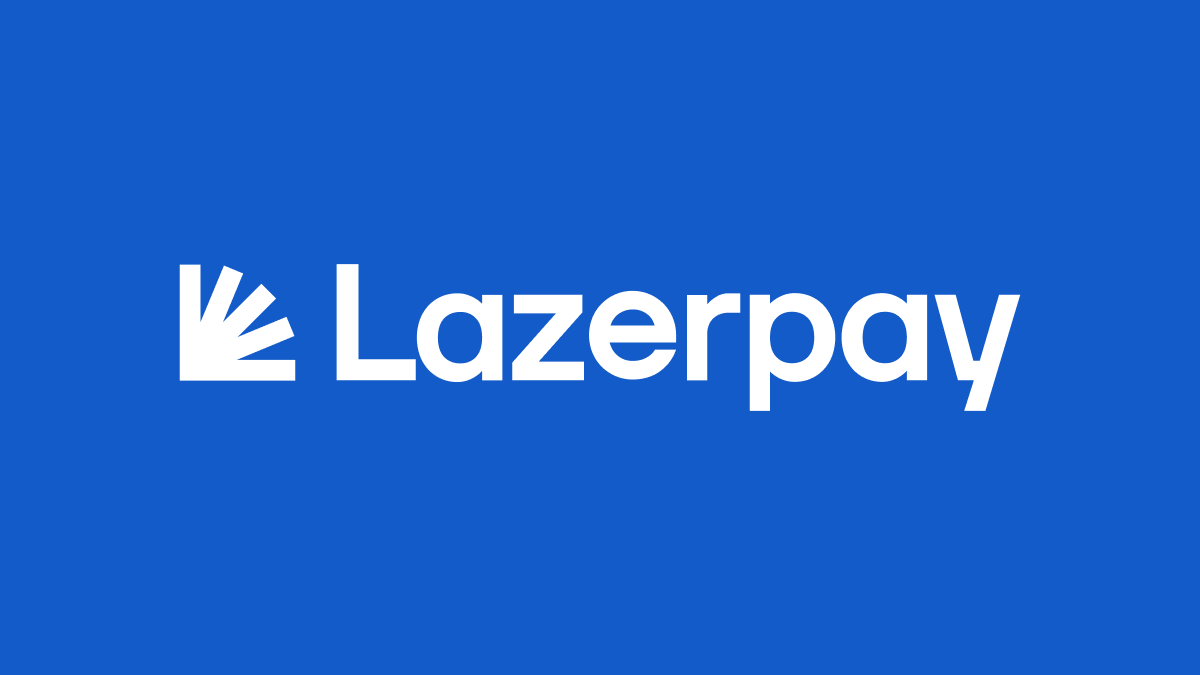Lessons Learned: The Case of Lazerpay's Shutdown

Udokanma Georgewill
July 3, 2024

Let’s just put it out here: if you have not read our most recent article on Cryptocurrency adoption in Africa - 2024, you may be missing some key pieces of this case study.
In 2021, a new company called Lazerpay emerged in the African tech space and quickly gained prominence. Founded by a young Nigerian entrepreneur, Emmanuel Njoku, who was only 19 years old, Lazerpay attempted to change how businesses accepted payments. Their idea was simple, make it easy for businesses to accept cryptocurrency (a form of digital money that was becoming increasingly popular). With Africa's digital world growing rapidly and more and more people interested in cryptocurrency, Lazerpay was on the path to great success.
Even before founding Lazerpay, Njoku was already making waves in the tech world. This young Nigerian teenager was self-taught, learning coding and software development skills through online resources. According to reports, he even built his very first smart contract, a program that runs on a blockchain, at a hackathon event. Njoku's talents came at a perfect time. Across Africa, there's a huge number of people who don't have traditional bank accounts.
This creates a big need for new and different ways to pay for things. Lazerpay stepped in to offer businesses a solution. Their system allowed businesses to accept payments in various local currencies, alongside established ones like the US dollar. All of this was done using blockchain technology, known for security and transparency. This way, businesses could accept payments from a wider range of customers, while still feeling confident that their transactions were safe.
Early Traction and Expansion at Lazerpay
Lazerpay grew quickly and steadily for some time. Investors were impressed with their idea and provided funding to help the company get off the ground. This allowed Lazerpay to hire a team of skilled people to help them build and run their service. Their hard work paid off, as over 3,000 businesses in several African countries signed up to use Lazerpay's crypto payment system. Lazerpay even sponsored a special coding competition focused on Web3, a new and exciting area of technology that uses blockchain, the same technology behind cryptocurrency. This sponsorship showed that Lazerpay wasn't just interested in making money, they were also committed to supporting the tech community and the developers who would help build the future of finance.
The Turning Point and Funding Disaster
It wasn’t all smooth sailing for Lazerpay. By late 2022, whispers were circulating about the company's difficulties securing additional funding. This was a critical blow. The cryptocurrency market, which had been on an upward trend, was now experiencing a downturn, meaning prices were falling. This made investors cautious and less likely to take a chance on a young startup. In a bid to survive, Lazerpay made some tough decisions. They had to lay off some employees and even cut pay for those who remained. It was a desperate attempt to extend their runway, the amount of time they had to operate before running out of money.
What Went Wrong With Lazerpay?
One crucial misstep for Lazerpay was its focus on business-to-business (B2B) sales, specifically targeting developers and small and medium-sized enterprises (SMEs). While these groups are important for building a user base, Lazerpay may have overlooked a potentially lucrative segment, large enterprises. These established corporations have several advantages that make them attractive partners for fintech startups.
Firstly, large corporations typically boast deeper pockets. They have the financial resources to invest in new technologies like cryptocurrency, even if the initial returns are uncertain. This financial muscle could have provided Lazerpay with a much-needed cash cushion, especially during the cryptocurrency market correction. Secondly, large enterprises often have a higher tolerance for risk. While established companies naturally prioritize stability, they also understand the need to innovate and adapt to stay ahead of the curve. Crypto payments, with faster transactions and lower fees, could have been a compelling proposition for forward-thinking corporations.
Large corporations can provide a significant boost to a startup's credibility. Signing on a major corporation as a client can act as a powerful endorsement, attracting further investment and potential customers. Iyin Aboyeji, a prominent Nigerian entrepreneur, aptly described Lazerpay's approach as a "classic mistake."
The final straw for Lazerpay was when their lead investor pulled out due to "market conditions and disagreement on terms." Njoku, to his credit, tried everything to keep the company afloat. He and his team reportedly dipped into their savings, but it wasn't enough. With no alternative funding secured, Lazerpay announced its closure in April 2023. In a heartfelt letter, he expressed his gratitude to the team and promised to learn from the experience.
So, could Lazerpay have avoided its tragic end? Experts believe so. A more balanced sales strategy, with a focus on securing partnerships with established businesses alongside developer outreach, could have provided a more sustainable revenue stream. Additionally, navigating the complex regulatory landscape surrounding crypto in Africa would have been crucial. Lazerpay, primarily focused on the Nigerian market, may have performed better by targeting regions with clearer crypto regulations.


